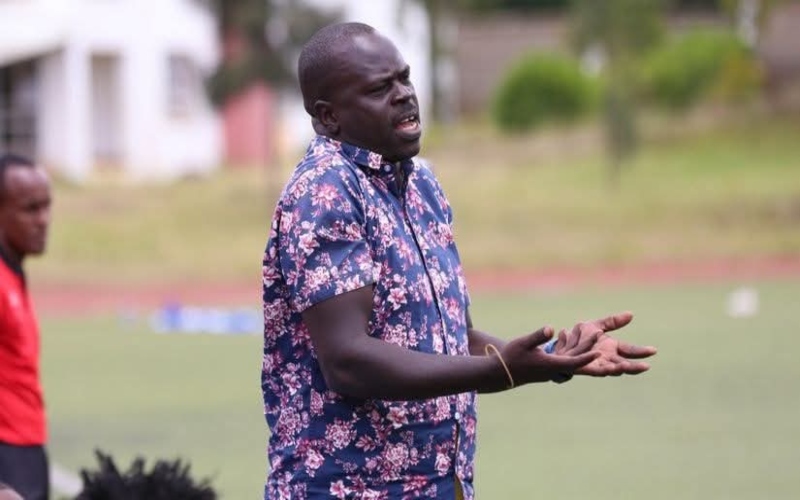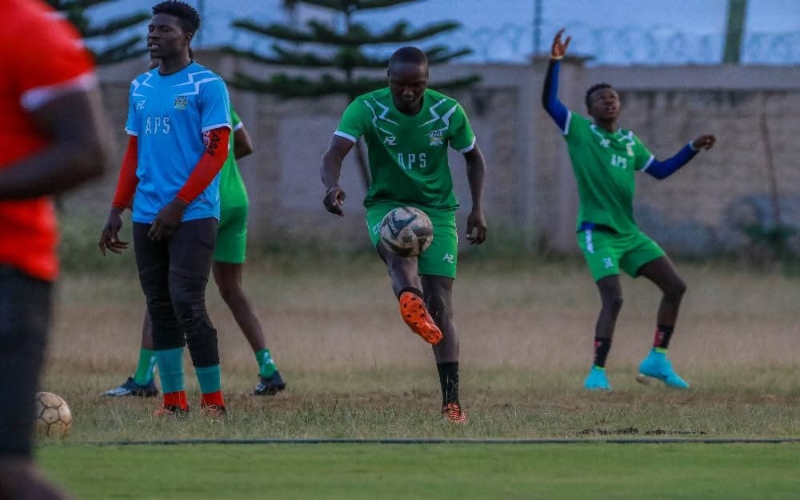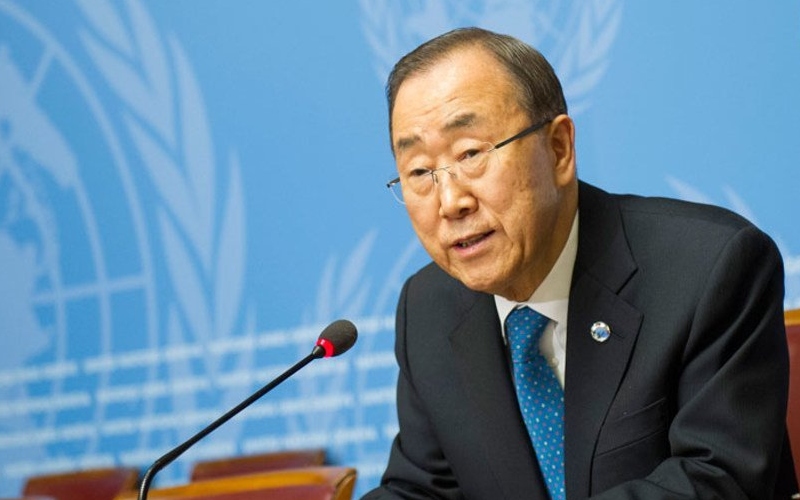How High Court judge wrestled top cop Gilbert Masengeli in legal tussle over abducted rights activists

The push and pull went on during which Justice Mugambi summoned Masengeli seven times, but the top cop ignored all these summonses.
At the height of abductions of activists suspected to have been spearheading the 2024 mid-year youth-led protests to push for good governance and accountability in government, a different duel picked up at the High Court, pitting the executive against the Judiciary.
The matter initially in court involved the Law Society of Kenya (LSK) which was aiding the families of brothers Jamil and Aslam Longton and their counterpart Bob Njagi to seek the whereabouts of the three, who had been abducted by unknown men on August 19, 2024.
More To Read
- Voters challenge Mbeere North MP Wamuthende’s victory over electoral name discrepancy
- UN Rights Chief raises alarm over abductions, enforced disappearances in Uganda ahead of elections
- Wajir MCAs demand answers over rising abductions after two men vanish
- KNEC under fire as High Court rebukes CEO over withheld student exam results
- How circuit, mobile courts expanded justice to underserved communities - report
- Koome reports historic 104 per cent case clearance rate, hails milestone for justice access
The activists were abducted in Mlolongo and Kitenglea in Kajiado County in different vehicles and held incommunicado for one month before they were released following the pressure from the LSK in courts and activists on social media. The men were dumped in Gachie, Kiambu County at dawn on September 20, 2024.
LSK had sued the Inspector General of Police, Director of Criminal Investigations (DCI), Director of Public Prosecutions (DPP) and the Director-General of the National Intelligence Service (NIS) seeking to compel them to produce the activists, dead or alive.
Denied involvement
The NIS absolved itself from involvement in the abductions at the onset of the court proceedings.
The police also maintained that the three were not in their custody, and the DCI in Kitengela was investigating cases of missing persons.
But matters took a new turn during the proceedings and became what was seen to be a supremacy battle between the Judiciary and the executive.
At the centre of the scuffle was Justice Lawrence Mugambi of the constitutional court and the Deputy Inspector General (DIG) of Police in charge of the Administration Police Service (APS) Gilbert Masengeli – who was the acting Inspector General of Police.
At the onset of the case on August 26, Mugambi ordered Masengeli to appear before the court virtually at 10 am on Tuesday, September 3, but he did not. He was given another chance to attend court at 3:30 pm, which he also failed to honour.
This prompted Justice Mugambi to summon Masengeli to appear in court physically on September 5 to explain why he had disobeyed court orders.
The push and pull went on during which Justice Mugambi summoned Masengeli seven times, but the top cop ignored all these summonses, prompting the judge to sentence him to six months in jail.
"The condemner in this case (Masengeli) was accorded every opportunity to expunge the contempt but attending a workshop in Mombasa was more important than obeying the court's summons intended to seek an explanation of (Njagi and the Longtons) last seen on August 19, 2024, the date of the alleged abduction," Mugambi said on September 13.
Recognising Masengeli's high rank as the country's acting police chief, Judge Mugambi acknowledged that enforcing this order might pose challenges, particularly given the culture of seniority in the police force.
"In passing this sentence, I am conscious that it is directed to the highest-ranking police officer in this country. He is still in office. That might pose a challenge in the enforcement of the orders since in the police service, seniority is highly regarded.”
Mugambi directed Masengeli to surrender himself to the Commissioner General of Prisons to be placed in a prison facility. He ordered then Interior Cabinet Secretary Kithure Kindiki to ensure Masengeli’s imprisonment.
Masengeli had been found guilty of contempt for repeatedly ignoring orders to appear in court and explain the whereabouts of the activists who were later found alive.
Sentence suspended
Although he had given the sentence without the option of a fine, the judge suspended it for seven days to allow Masengeli to remedy the situation by attending court and providing an explanation for his non-compliance.
Police officers working as orderlies in the Milimani courthouse had told The Eastleigh Voice that Masengeli, together with the leadership of the National Police Service, were afraid of what could have happened if the DIG failed to satisfy the court that he had not disrespectfully disregarded the orders.
“If that happens, it means he would automatically become a prisoner in custody. No one here can enforce the orders against an officer of that rank, but we must keep him in custody either in the dock or anywhere within the precincts of the court awaiting our seniors to take over the matter and that is what he is probably avoiding. We also don’t want it,” a police officer told The Eastleigh Voice at the time.
“Majority of the people you are seeing in that courtroom are police officers, sending a message and even the judge must be aware of the same.”
When Masengeli later bowed to pressure and appeared before the court, he said that "complex security operations" in the northern and coastal Kenya regions that required his presence in the regions had made it impossible for him to appear in court in Nairobi.
The police boss rendered a limited apology, only specified to apply for non-compliance with the court's summons and not for failure to explain the whereabouts of three men.
He cited Article 238 of the Constitution which requires him to prioritise national security operations over personal tribulations, adding that in the circumstances, he was restrained because his leadership was needed in pressing security engagements.
"Whereas I regret non-attendance in court due to the operational challenges and whereas I restate and reaffirm my respect to the honourable court, I take the view that the circumstances surrounding the disappearance of (Njagi and Longtons) have already been explained," he stated in an affidavit.
"The totality of my affidavit is to render an unreserved apology for non-attendance, restate that I recognise and respect the dignity and authority of the honourable court, plead for pardon, and pray to benefit from the court's grace in accordance with the court's inherent power to discharge, vary, set aside, and or suspend the contempt of court and subsequent sentencing on its motion or an application by a party."
However, the presence of dozens of police officers in civilian clothes who flocked the courtroom anytime the matter was being heard, coupled with the fact that Justice Mugambi’s security detail was interfered with – including the transfer of his bodyguards during the period he was handling this case – suggested something bigger and outside what was in the court file was going on.
Mugambi later acquitted Masengeli, lifted the sentence but recused himself from proceeding with the matter and asked the Chief Justice to appoint another judge to take over.
Top Stories Today











































